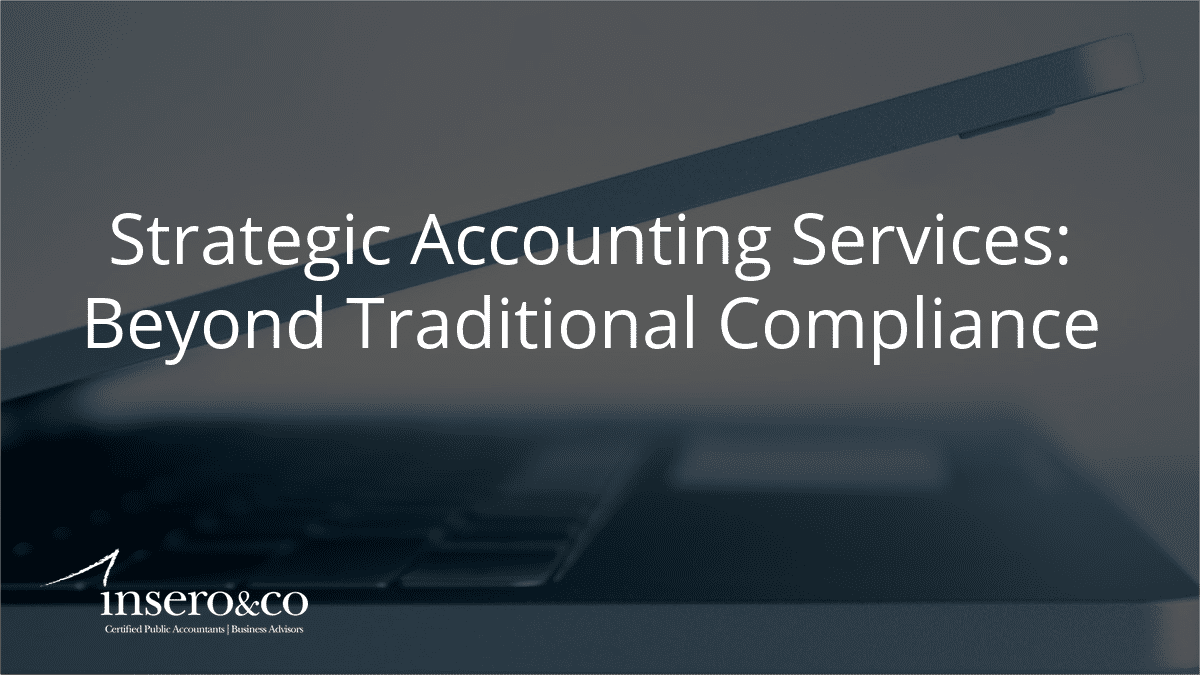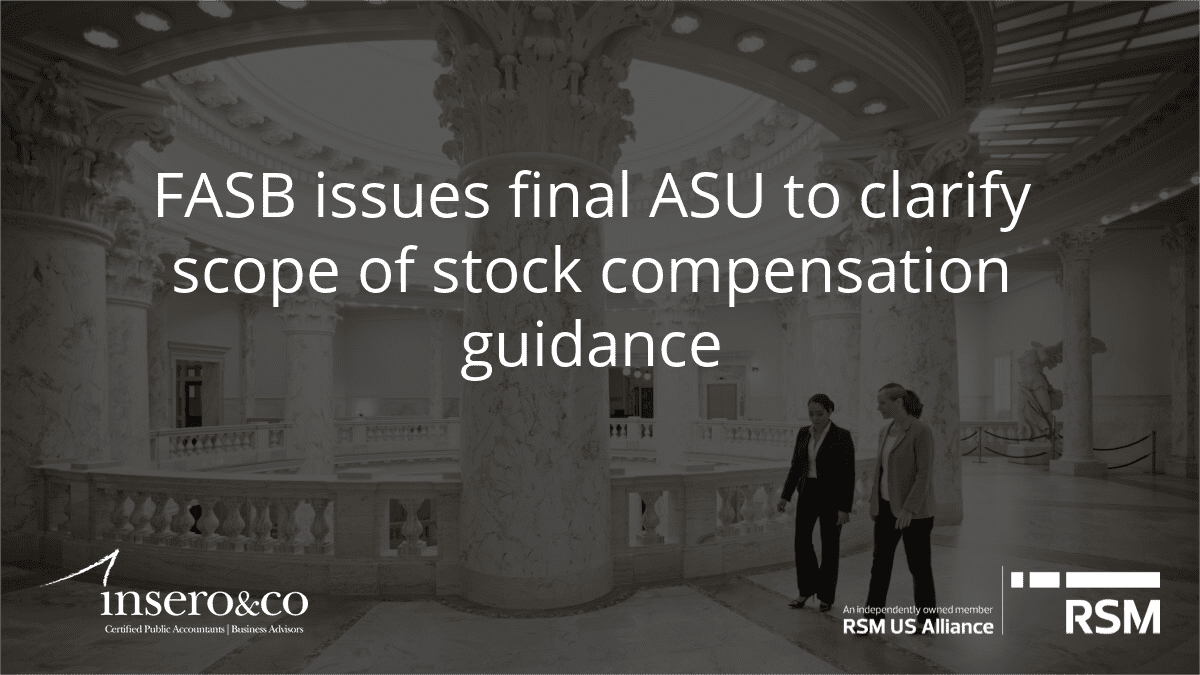IRS issues additional CARES Act guidance
The Coronavirus Aid, Relief, and Economic Security (CARES) Act eliminates penalties and provides opportunities for tax minimization for participants who take preretirement distributions and plan loans to alleviate financial hardships caused by the COVID-19 pandemic. Since the act’s passage, the IRS has issued guidance (and may do so again by the time you’re reading this) to help plan sponsors properly handle these plan distributions and loans.
Know the rules
Here are selected highlights of the guidance:
Pension distributions. Distributions from money purchase plans are ineligible for special treatment under the CARES Act because they’re treated as defined benefit plans, which were excluded from the act.
Treatment of distributions. Plans may choose whether to provide COVID-related distributions (or deem requested distributions as such). But doing so doesn’t obligate a plan sponsor to alter its plan document for those permitted the distributions. And, even if the plan sponsor doesn’t treat a distribution as COVID-related, participants can still do so on their personal tax returns. For distributions from a plan not adopting COVID-related distributions, participants will need to report the distribution on their 2020 federal income tax return and on IRS Form 8915-E, which is expected to be available before the end of the year.
Direct rollovers and acceptance of recontributions. Sponsors aren’t required to honor a participant’s request to make a direct rollover for an eligible COVID distribution, or to distribute a Section 402(f) notice explaining rollovers. Sponsors don’t have to accept recontributions — particularly if they don’t accept participant rollover contributions under normal circumstances. If the plan does accept the rollover, the plan administrator must “reasonably conclude” that participant recontributions satisfy CARES Act requirements.
Distributions ineligible for tax relief. These include amounts returned to participants to comply with Sec. 415 contribution limits, as well as excess deferrals, contributions and aggregate contributions.
Tax withholding. Administrators making distributions pursuant to the CARES Act aren’t required to withhold 20% for federal taxes, as generally required for other distributions. Voluntary withholding rules still apply.
Loan amortization adjustment. The CARES Act’s permitted “loan suspension period” ends on December 31, 2020. Loan payments must resume in 2021. However, loan terms can be extended by one year — even if that results in loan terms longer than the normal five-year maximum. Also, interest accruing during the suspension must be added to the loan’s principal balance, and the loan must be re-amortized and repaid in “substantially level” payments over the remaining loan.
Stay informed
The IRS continues to issue guidance on CARES Act retirement plan provisions. Consult your tax advisor for CARES Act guidance to ensure you’re on the right track.
As always, we hope you enjoy this edition of our newsletter and we look forward to receiving your feedback. Should you have any questions regarding the information contained in the attached materials or our Employee Benefit Plan Services, please feel free to contact me directly.
Want to learn more?
Join our Employee Benefit Plan Resources group on LinkedIn for more frequent updates on recent developments and best practices and discuss related topics with your peers.




